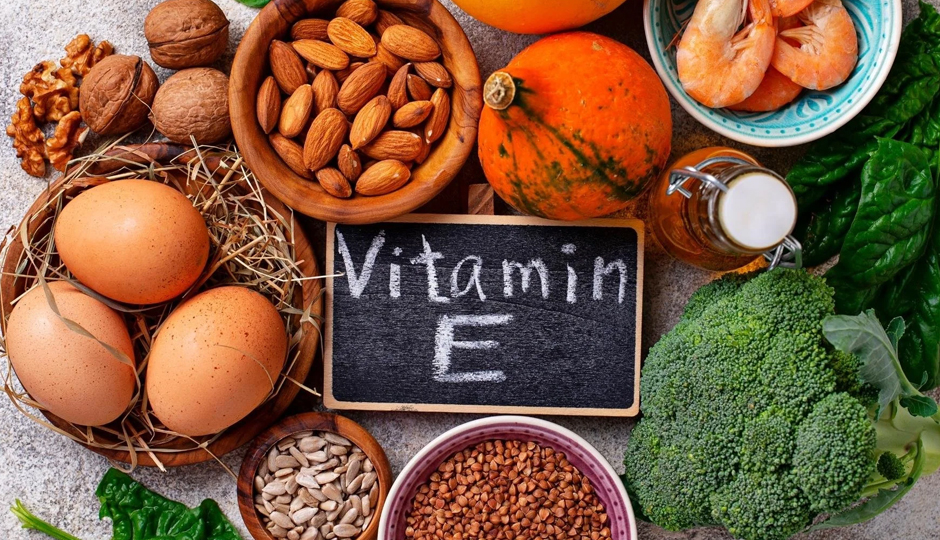- Home›
- Healthy Living›
- 14 Herbs And Spices You Can Use To Improve Digestion
14 Herbs And Spices You Can Use To Improve Digestion
By: Sandeep Gupta Thu, 10 Oct 2024 10:59:42

Utilizing natural herbs and spices can enhance nutritional absorption, support digestion, and promote effective breakdown of food in the intestines. Various medicinal herbs have been employed to improve gastrointestinal health across cultures, from India to Peru and the Mediterranean to the Middle East. Each of these digestive herbs offers unique bioactive properties that can soothe, comfort, and relieve various issues in your body, particularly within the digestive system.
When your digestive system functions optimally, you may experience increased energy levels, improved immune resilience, effective toxin elimination, enhanced mental clarity, and better mood regulation. Therefore, it is essential to incorporate a balanced diet, stay well-hydrated, maintain an active lifestyle, and include herbal supplements in your daily wellness routine.

# Cinnamon
Cinnamon has been valued for its digestive benefits for centuries, with the Romans even using it as a medicinal aid for the digestive system. Ceylon cinnamon, known as "true cinnamon," is native to Southern India and has been a staple in Ayurvedic medicine for promoting digestive health. It is regarded as superior to cassia cinnamon, the more common supermarket variety, and is better suited for regular consumption.
How to Use:
Incorporate Ceylon cinnamon into your tea, smoothies, lattes, or porridge to add a healthful flavor. You can also find supplements online or at your local health food store.
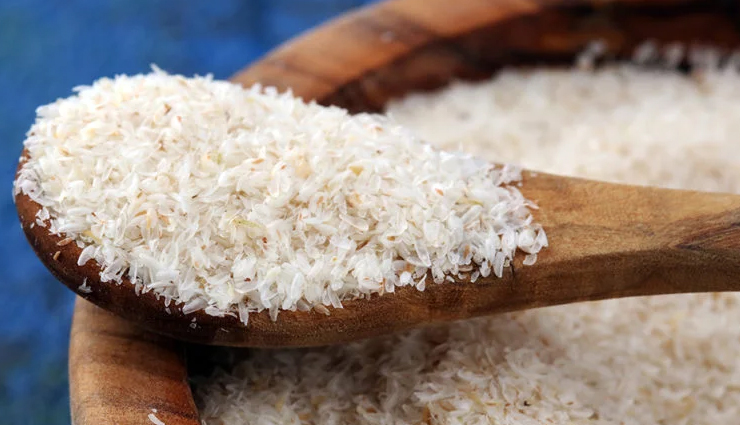
# Psyllium
Psyllium is one of the best herbs for enhancing digestion. Its fiber content is an excellent way to quickly boost your daily fiber intake, which is known to support regularity, healthy bowel movements, and overall gastrointestinal health. Historically, this plant from the plantain family has been used extensively in both Indian and Chinese medicine. In Ayurveda, psyllium is utilized for detoxifying and cleansing the large intestine, and research suggests it may help the intestines absorb fluids for more effective waste elimination.
How to Use:
Psyllium is available in both supplement and powder form, making it easy to add to smoothies, juices, porridge, or baked goods.
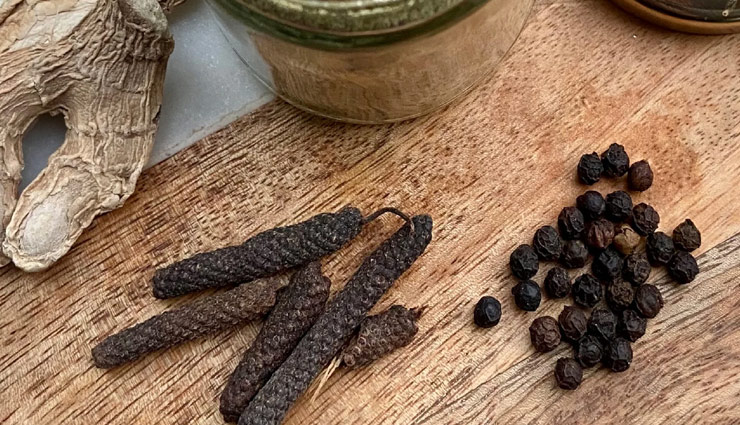
# Trikatu
Trikatu is an ancient blend of three medicinal spices that are believed to enhance gastric and digestive function. In Ayurveda, ginger, long pepper, and black pepper work together to stimulate Agni, or the digestive fire. Long pepper is known for its balancing and purifying effects, while black pepper is praised for improving nutrient absorption and digestive efficiency. Ginger is recognized for its immune-boosting properties regarding gastrointestinal health. The name "trikatu," which means "three pungent," reflects its strong flavor that invigorates the body.
How to Use:
Trikatu is typically taken in capsule form but is also available as a powder that can be mixed with warm water and honey.
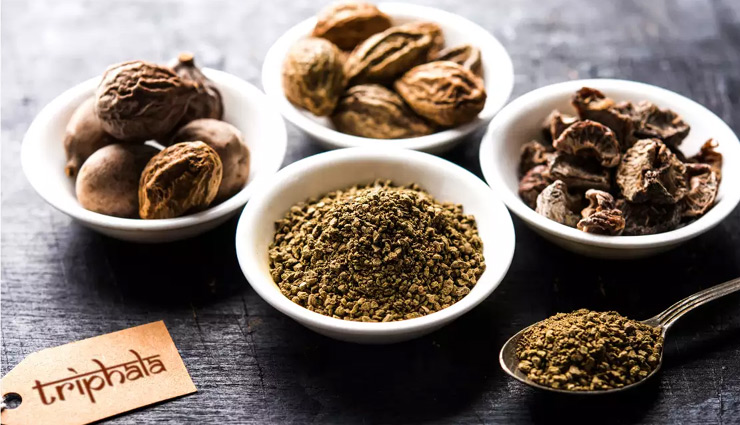
# Triphala
Triphala is a well-known herbal mixture that combines three fruits—amla, bibhitaki, and haritaki—to strengthen the digestive system and gastrointestinal tract. Haritaki is known for promoting healthy bowel movements, bibhitaki has a mild laxative effect, and amla is rich in nutrients that rejuvenate the body. According to alternative medicine journals, the polyphenols in Triphala help modulate gut flora, making it an excellent choice for digestion, regularity, and colon detoxification.
How to Use:
Triphala can be consumed as a fruit powder mixed into water, smoothies, or other beverages.
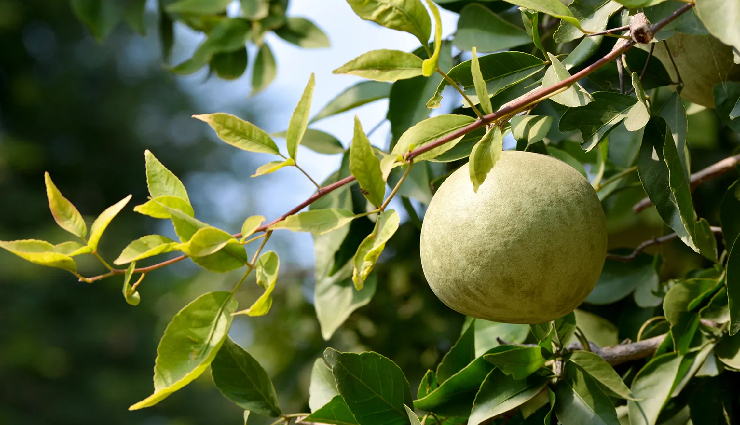
# Bael Leaf
If you’re looking for a gentle herbal laxative that’s safe for daily use, bael leaf is a great option. It helps loosen stools, acting as a mild laxative to support healthy bowel movements and prevent occasional constipation. This stands in contrast to senna, which is often used for bowel regulation but can have harsh side effects. Bael leaf is preferred for enhancing gastrointestinal motility.
How to Use:
Bael leaf supplements are an easy way to reap its health benefits, especially when combined with other digestive-supporting herbs like psyllium and garden cress.
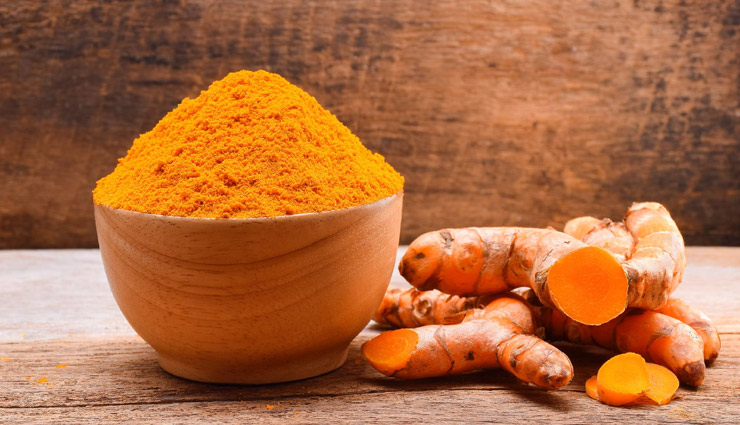
# Turmeric
Turmeric has been a cornerstone of herbal medicine for over a thousand years, often referred to as a "pharmacy in one herb." It plays a vital role in Indian Vedic culture and is celebrated for its many health benefits, particularly its ability to promote a healthy inflammatory response and support gastrointestinal function. The golden root is known to aid digestion, respiratory health, liver and pancreas function, joint health, and more.
How to Use:
Available in dry powder form, turmeric can be used in curries and baked goods, added to lattes and smoothies. For optimal absorption, consider taking it as a natural herbal supplement, especially when paired with trikatu.
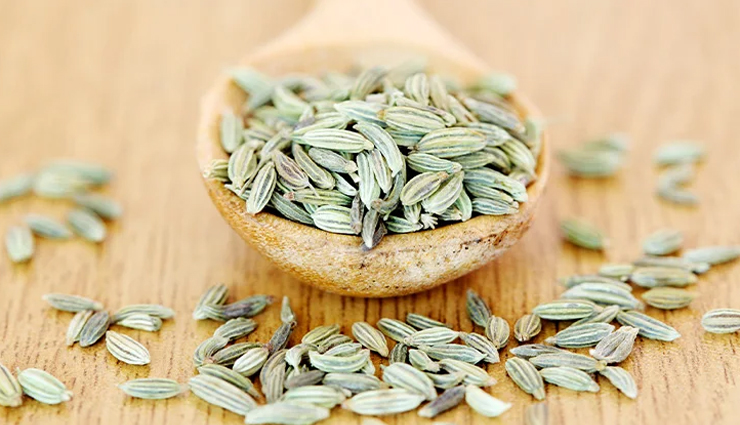
# Fennel
Fennel seeds, native to the southern Mediterranean region, have been utilized for culinary and medicinal purposes throughout history. Roman soldiers consumed fennel for strength. In traditional Iranian and Ayurvedic medicine, fennel is known for its ability to promote a healthy digestive system. Recent studies suggest that phytochemicals in fennel aid in food breakdown, enhancing digestion and absorption.
How to Use:
Fennel seeds can be added to hot dishes or taken as a supplement. They can be crushed into hot water or brewed into tea. In India and Italy, it’s common to chew whole seeds after meals to aid digestion and freshen breath.
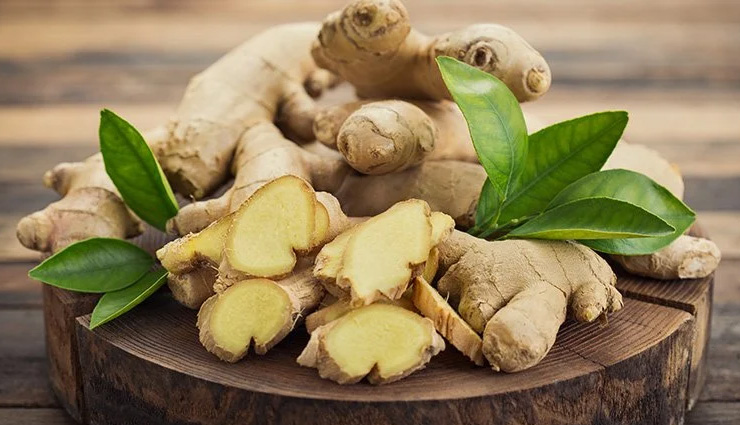
# Ginger
Ginger is a widely used herb known for stimulating the digestive system. The traditional remedy of sipping ginger ale for stomach discomfort has a long history. For over a thousand years, ginger root has been a staple in Traditional Chinese Medicine, as well as in Japanese and Indian medicine. Shunthi churna, a preparation of ginger, is known for its protective effects on the gastrointestinal tract and its ability to promote healthy digestion and excretion.
How to Use:
Shunthi churna can be found in grocery stores and is versatile; it can be used as a daily supplement, brewed into tea, added to smoothies, juiced, cooked in curries, or eaten raw with honey.
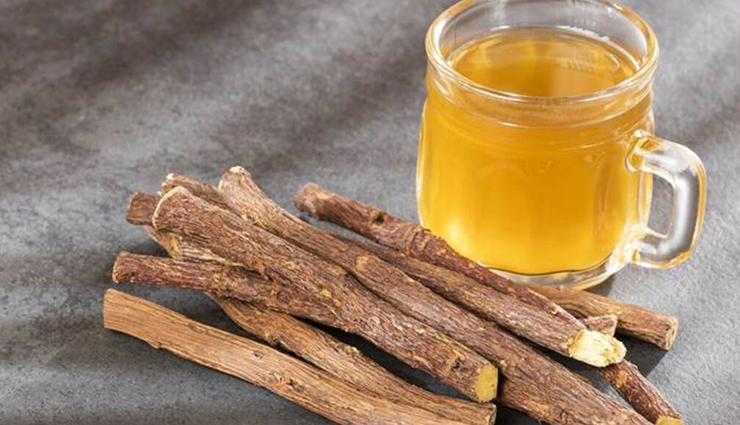
# Licorice
Licorice root has been used since ancient times in Assyrian, Egyptian, Chinese, and Indian cultures. It is native to Eurasia and is well-known as a flavoring ingredient but has also been utilized medicinally. Licorice is a common dietary supplement globally for supporting digestion and soothing the stomach, thanks to glycyrrhizin, a compound that helps maintain a healthy inflammatory response and regulate stomach acidity for comfort.
How to Use:
Many licorice products on the market contain anise oil for flavor. For its therapeutic benefits, look for pure licorice root in tea, powder, or supplement form.
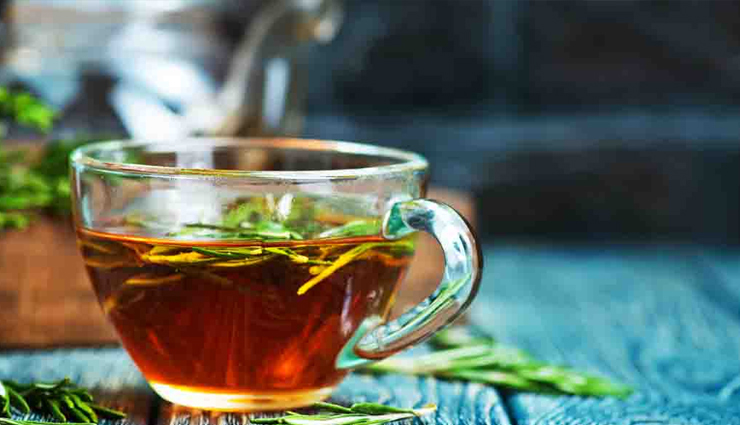
# Rosemary
Rosemary is an aromatic herb popular in Italian cooking. Its leaves contain therapeutic oils that support normal gastrointestinal function and a healthy inflammatory response. This woody herb has been used in traditional medicine throughout the Mediterranean region.
How to Use:
Rosemary can be used in cooking, brewed into tea, blended into olive oil, or taken as a herbal supplement.
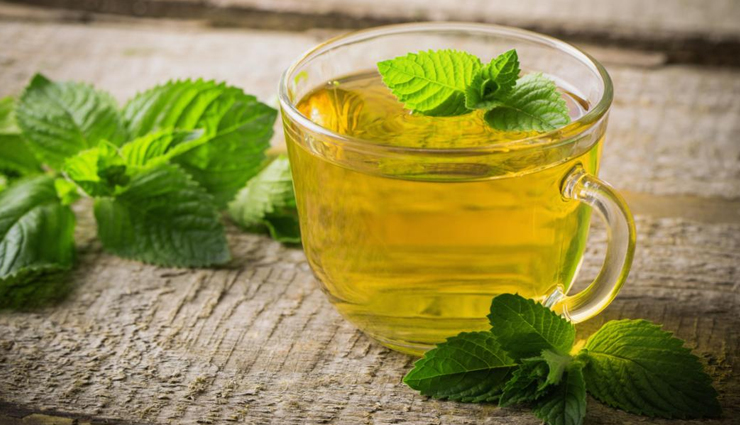
# Peppermint
Peppermint has a long history of use as a folk remedy for indigestion, dating back to ancient Egyptian times. Its medicinal properties have been noted in historical texts from the Bible, Roman philosophy, and Greek mythology. Today, peppermint is widely used for digestive support in both Eastern and Western medicine, with studies showing that its oils have calming effects that enhance gastrointestinal function.
How to Use:
Fresh or dried peppermint leaves can be added to teas and dishes. Peppermint oil and leaves are also available in soft gels and capsules for easy, convenient intake.
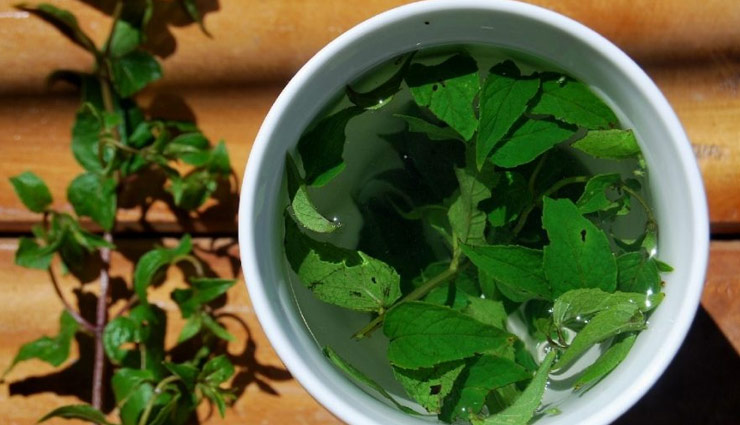
# Muna
Muna, or Andean mint, is native to the highlands of the Andes Mountains and has been used by the Andean people for centuries. Traditionally, it was employed as a carminative to relieve discomfort and support healthy gastrointestinal function. The oils in muna leaves are believed to help cleanse the body and soothe the stomach. In Peru, muna is commonly enjoyed as tea, especially after heavy meals, and is celebrated for its refreshing minty flavor.
How to Use:
Muna is most commonly brewed into tea for digestive support. It is also available as a supplement or powder and can be used as a mint substitute in recipes.
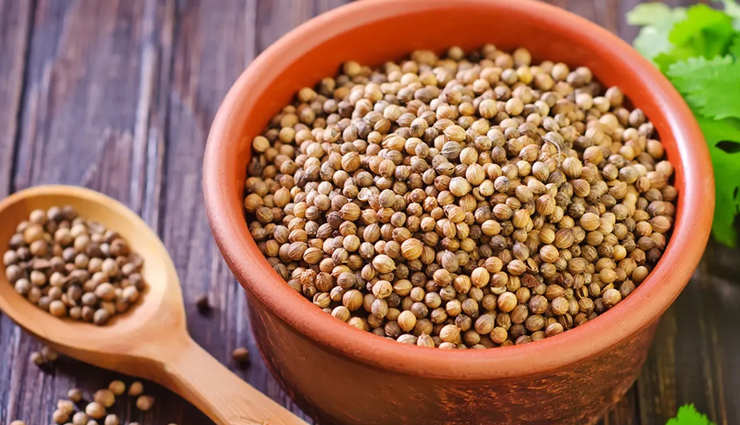
# Coriander
Coriander, the seed of the widely used herb cilantro, has been utilized for thousands of years to aid digestion. Both the seeds and leaves can be consumed, but the seeds offer more digestive benefits due to their carminative properties, which reduce bloating and discomfort while enhancing appetite. Cilantro's antispasmodic qualities may help alleviate irritable bowel syndrome, and its antioxidants combat oxidative stress. It is also known to assist in detoxifying the body from harmful metals and pollutants.
How to Use:
Coriander can be used in pickled dishes, marinades, and stews, and it pairs well with smoothies and soups. On days when digestion is off, coriander soup can be particularly helpful. Its cooling properties make it an excellent addition to hot and spicy recipes. Consuming two teaspoons of fresh cilantro juice every morning on an empty stomach can significantly aid digestion.
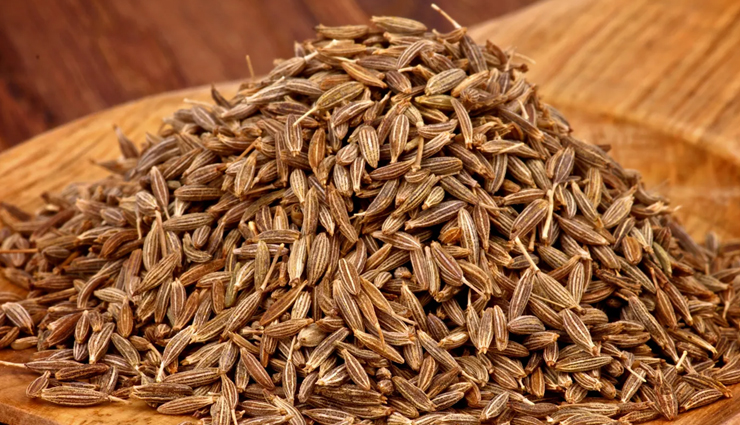
# Cumin
Cumin, also known as jeera seeds, is a popular home remedy for digestive issues such as gas and bloating. Cumin possesses anti-inflammatory properties that can help alleviate digestive disorders linked to inflammation. It may also stimulate the secretion of digestive enzymes and accelerate digestion by promoting bile acid release.
How to Use:
Take one teaspoon of cumin powder daily, half an hour after meals, with warm water. Alternatively, soak two tablespoons of cumin seeds in a glass of water overnight, then consume the water on an empty stomach, chewing the seeds as you go.
Related Stories:
# 9 Home Remedies To Help You Sleep Better
# 10 Must Try Home Remedies To Treat Vaginal Dryness
# 6 Health Benefits of Performing Yoga For Men Over 60
# 8 Habits You Can Adopt For Healthy Weight Loss
# 12 Reasons Why Vitamin C Should Be Part of Your Daily Diet


